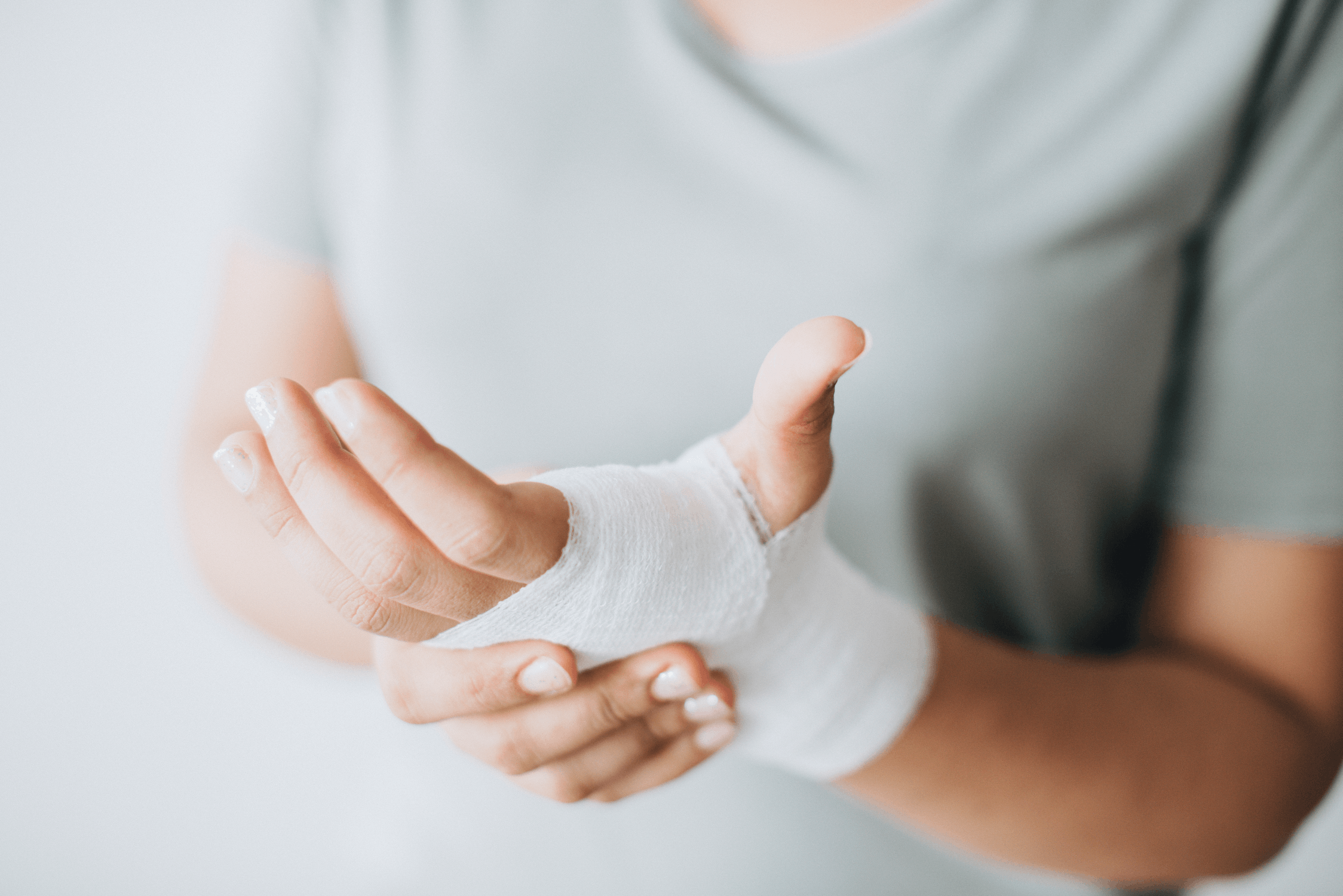
Whether you work in a dangerous environment or not, if you’ve been injured at work, you need to know the next steps to take in order to get a satisfactory outcome. You may need time off work to recover, and you may get compensation from the company depending on how severe your injury is and any damage done to your mental health. Below, we’ll discuss the steps you should take once you have been injured at work.
Report It To Your Employer
Assuming you haven’t taken this step already, the first thing you should do is report the accident to your employer and make sure they record it in the accident book. If they don’t, or if there isn’t an accident book, you must write it down yourself, and make two copies. Keep one for you and send one to your boss. This is assuming that you have already been treated by the onsite first aider for your injury.
Even if the injury doesn’t seem too serious, you should see a doctor. They will also record the injury and details of what happened. If you feel this happened because your workplace is unsafe, you should report it to your trade union. Your colleagues should not have to become injured and suffer the same way you have, so you have a duty to report it if this happened because the workplace is unsafe.
Getting Paid
If you take time off work due to your injury, then you may be entitled to sick pay. It may also be possible for you to claim more money depending on your injury and your situation, but you will need to look up the laws and regulations in your area. If you do end up having time off and need to get sick pay and potentially compensation, you will only be able to do this if you have appropriately reported and recorded the injury. This is why the first step is so important.
Take Photos
Take photos of both your injury and the area in which you injured yourself. This will help you to back up your claim, as well as defend yourself should the employer make any counter argument against you. You can never have too much evidence, so make sure you take as much as you think you need, if not more. Even legal representatives that spend their time representing seriously injured overseas civilian contractors appreciate having lots of pictures and evidence to move the case along. You will never be criticised for doing this.
See If You Can Get A Reliable Colleague On Side
If you have a reliable colleague you can turn to, you may need to ask them for their assistance while you’re off work. If investigations take place when you are gone, you need to be sure that your employer is not going to attempt to cover up what happened, or try to twist the story so it looks like it was your fault. The person you ask for help should be trustworthy and willing to stick up for you in your absence.
Keep A Diary
Keep a diary of all of the symptoms you are having, even if it’s on your smartphone. Doctors don’t always keep a full record of symptoms. Hospitals and doctors may only focus on the most pressing injuries at the time, while later on down the line other injuries and symptoms you experienced may become a long-term condition – and become significant in the claim.
Plus, these cases can take years. As the memory naturally fades over time, keeping every detail in writing will help to move your claim along and make sure you get the treatment and compensation that you truly deserve.
Keep A Record Of Expenses And Losses
Every case is different, so you must keep a record of your expenses and losses. For example, if you lost pay, you must note that down. If you have paid medical bills, those must be noted down, too. It’s also worth noting down if you have lost the chance to go for a promotion or bonus. These are all things you may be compensated with once your claim is complete. You can even charge for gas/rides to the hospital, increased heating due to spending more time at home, assistance from family, and so on. Include every last thing.
Seek Legal Help
Seeking legal help as early on as you can is the next step. Having plenty of evidence will mean they can help you most effectively and move your case along.


